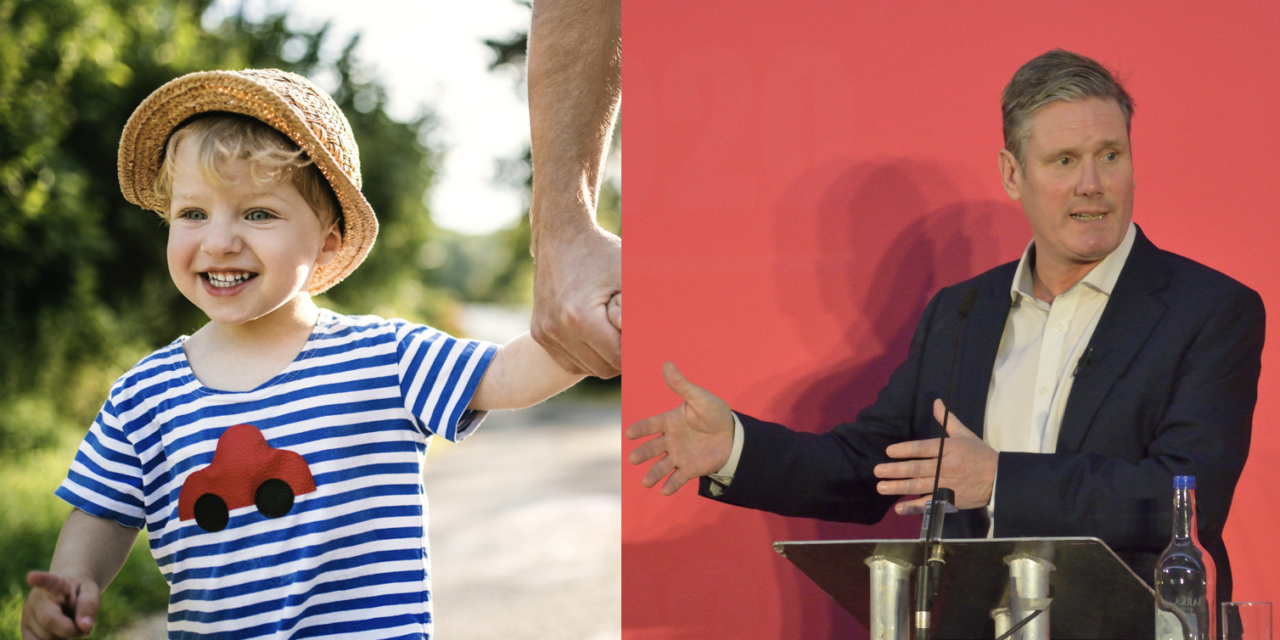Sir Keir Starmer, leader of the UK Labour Party, has unveiled his latest electoral vision: extending voting rights to 16-year-olds and, intriguingly, toddlers who identify as teenagers. Starmer, ever the champion of inclusivity, believes that this audacious move will empower and enfranchise a broader range of individuals in shaping the nation’s future.
According to sources close to Starmer, the notion of including toddlers who identify as teenagers was inspired by his commitment to embracing self-identification as a guiding principle. In a press conference, Starmer explained, “It’s time we recognize the true identities of individuals, no matter their age or biological reality. If a three-year-old believes they are a teenager trapped in a toddler’s body, who are we to deny them their right to vote?”
Critics of this progressive proposition argue that it undermines the very fabric of democracy. One such critic, Sir Desmond Swayne, called it “a ludicrous attempt to appeal to the whims of the woke crowd” and added, “The idea that we should give voting rights to toddlers is not only impractical but also potentially dangerous. Next, we’ll be allowing hamsters to run for Parliament.”
Starmer, however, brushed off the criticism with a confident smile, stating, “Sir Desmond simply fails to understand the changing nature of our society. By extending voting rights to toddlers who identify as teens, we are amplifying their voices and fostering a sense of engagement from an early age. We want to create a political landscape that is truly reflective of the diverse experiences and perspectives of our citizens.”
In response to concerns about the implications of toddlers having voting rights, Starmer unveiled a comprehensive plan to ensure a smooth transition. He proposed the establishment of “Voting Nannies,” specially trained professionals who would assist toddlers in making informed decisions at the ballot box. These experts would be responsible for guiding toddlers through complex policy issues, explaining the importance of fiscal responsibility, foreign relations, and potty training.
Supporters of Starmer’s proposal believe that this bold move will inspire a new generation of politically active individuals. Parental advocacy groups argue that toddlers are more politically aware than ever before, citing their ability to point at pictures of politicians and mimic their speeches with uncanny accuracy. These groups also advocate for the inclusion of nursery rhyme education on British political history to further engage toddlers in the democratic process.
While the concept of voting toddlers may seem like a parody from a satirical news outlet, it serves as a reminder of the absurdities that can arise when inclusivity is taken to extreme lengths. As Starmer pushes forward with his vision of political progress, it remains to be seen whether voters will embrace the idea of toddlers influencing the course of the nation. Until then, Britain finds itself on the precipice of an era where not only the youth but also the “youthful” may shape its future.
















